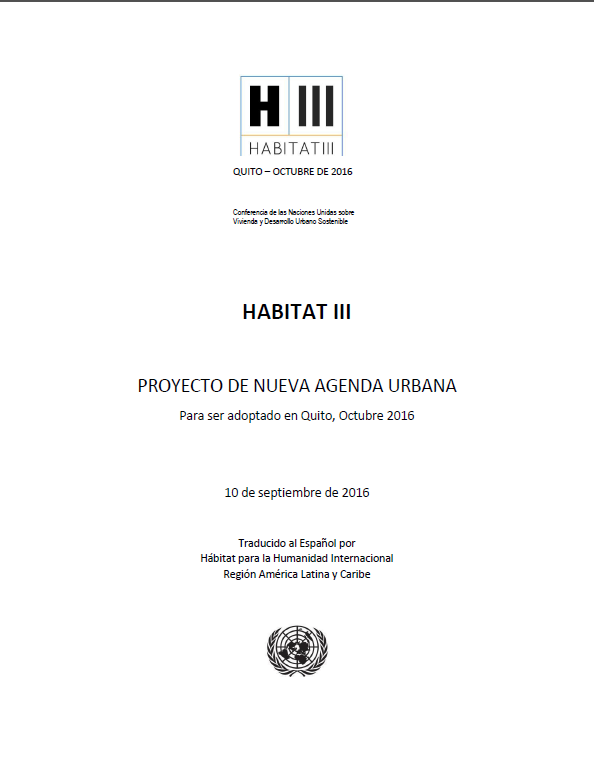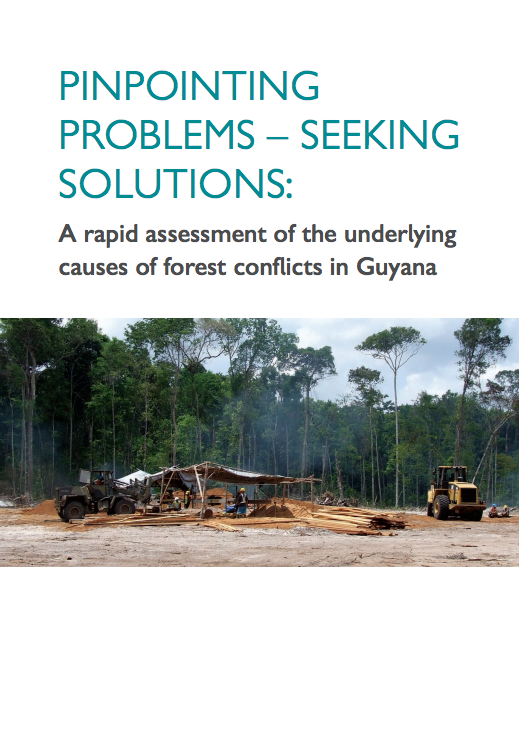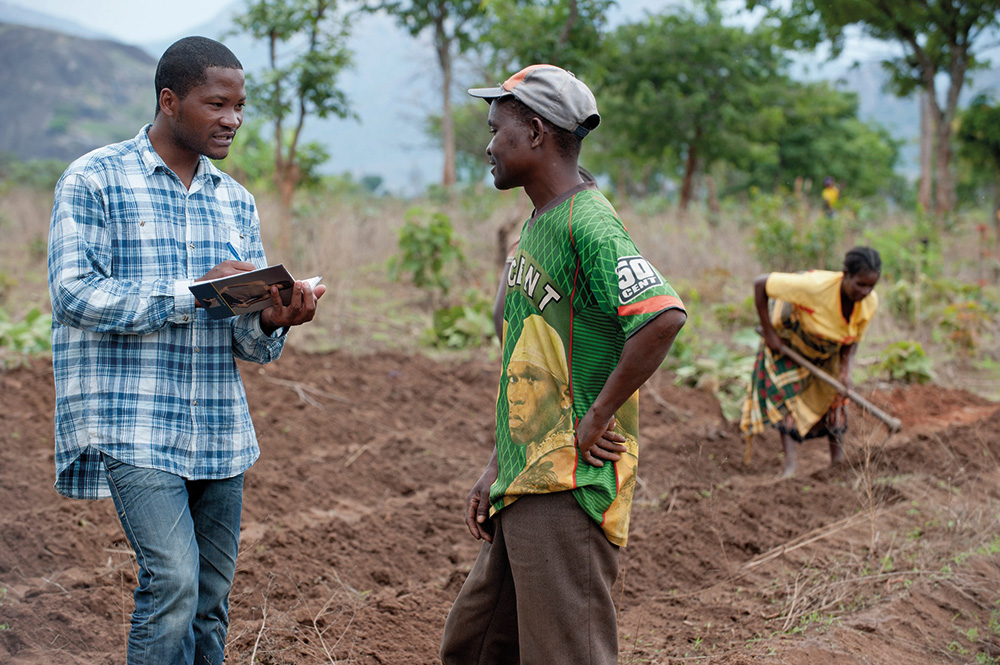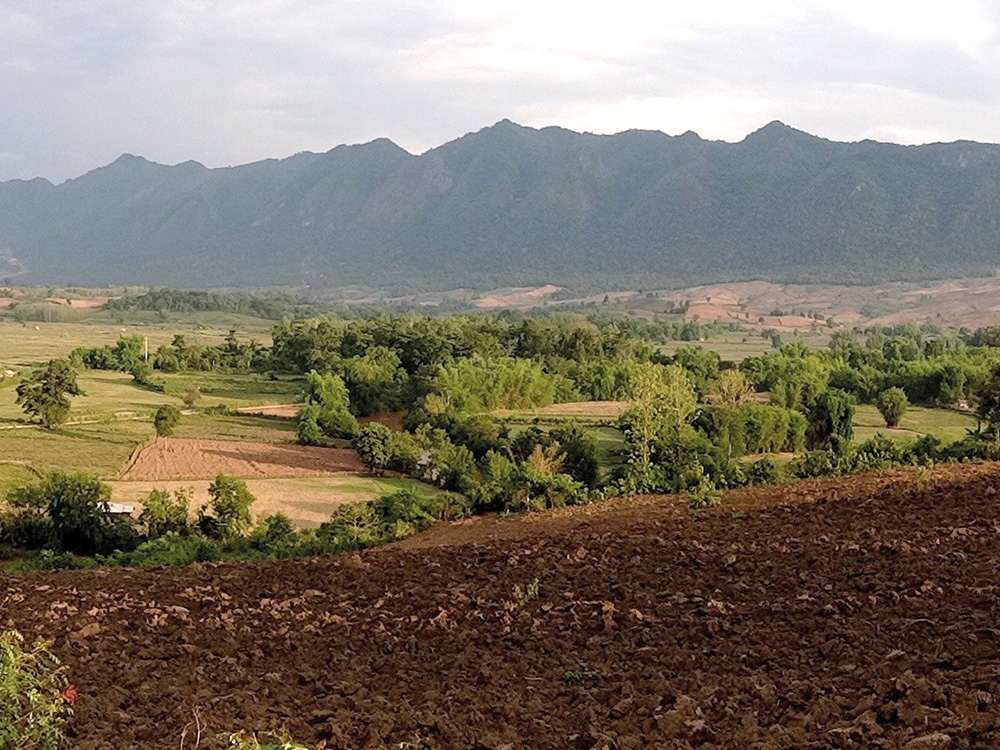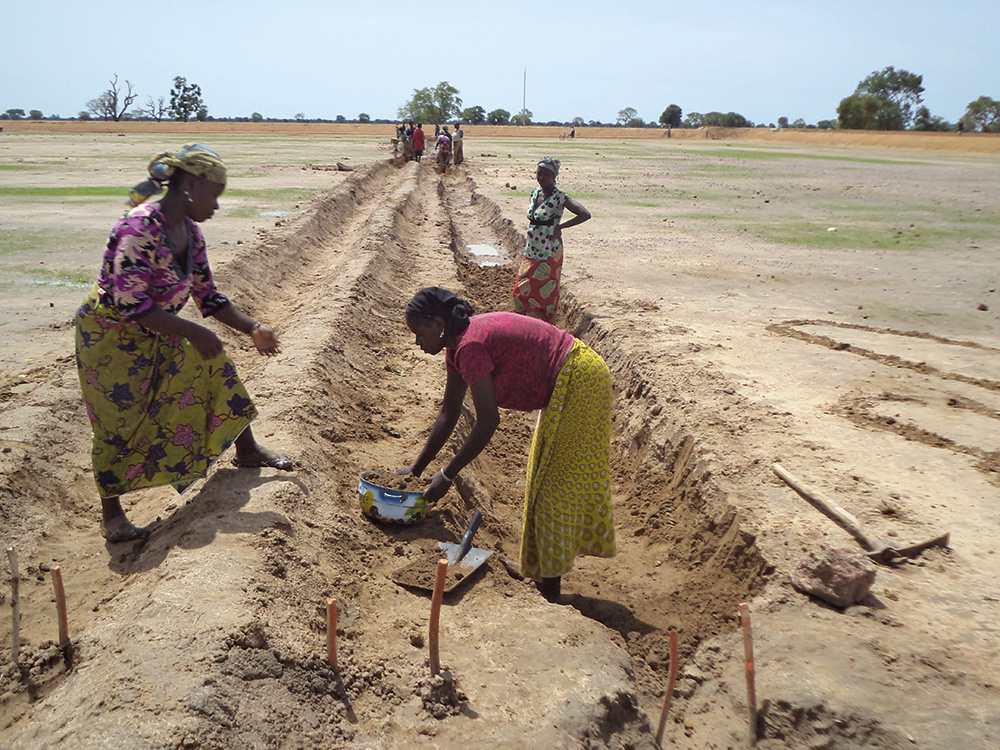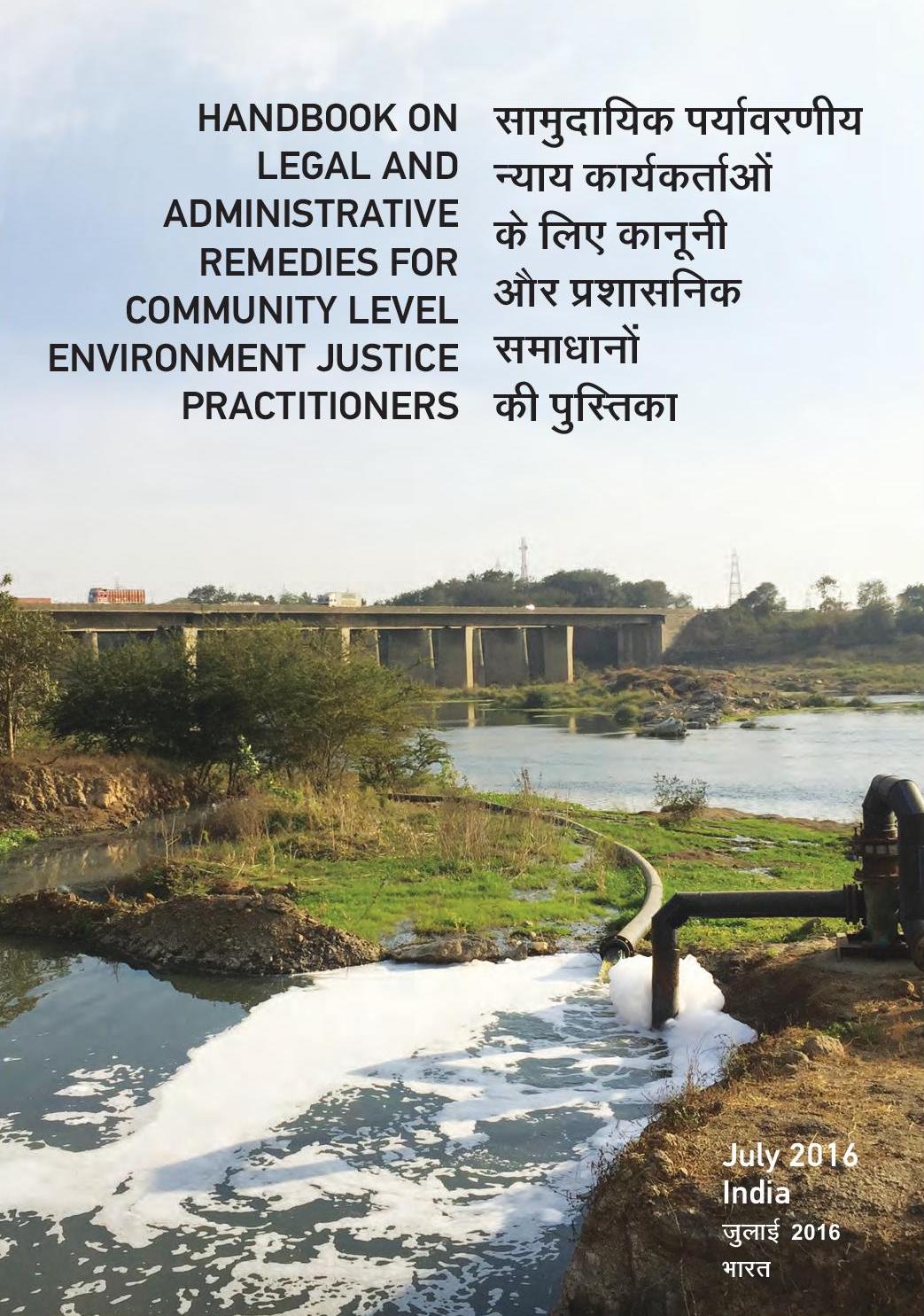Proyecto de Nueva Agenda Urbana – Versión Final para ser adoptada en Quito, Octubre 2016
PROYECTO DE NUEVA AGENDA URBANA Para ser adoptado en Quito, Octubre 2016 10 de septiembre de 2016 Traducido al Español por Hábitat para la Humanidad Internacional Región América Latina y Caribe

